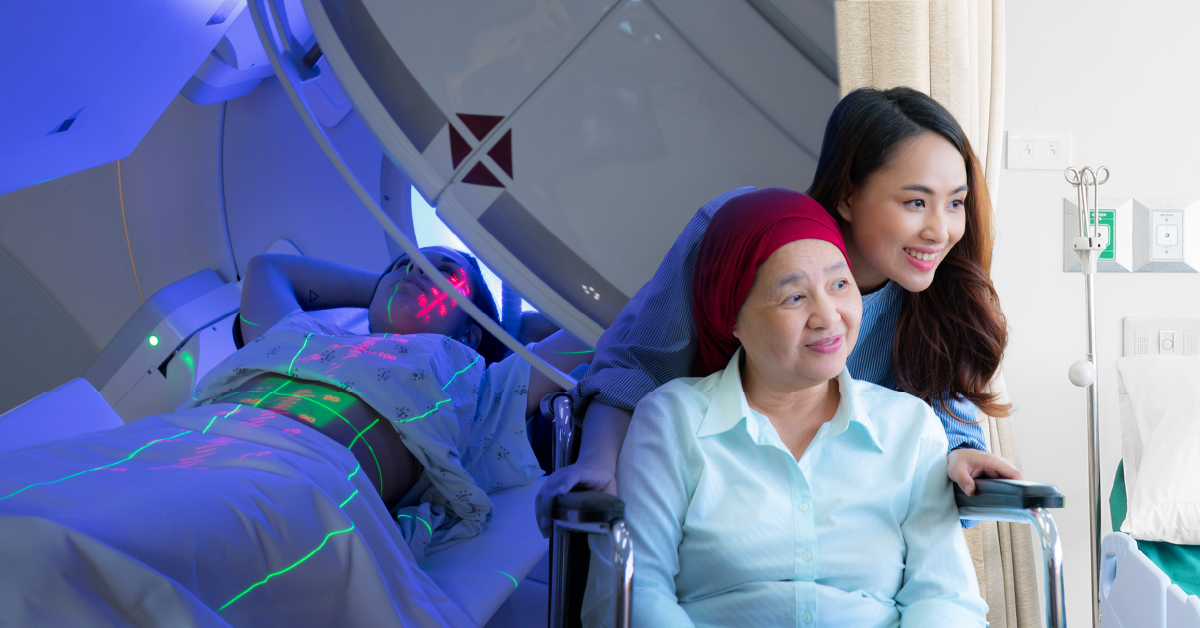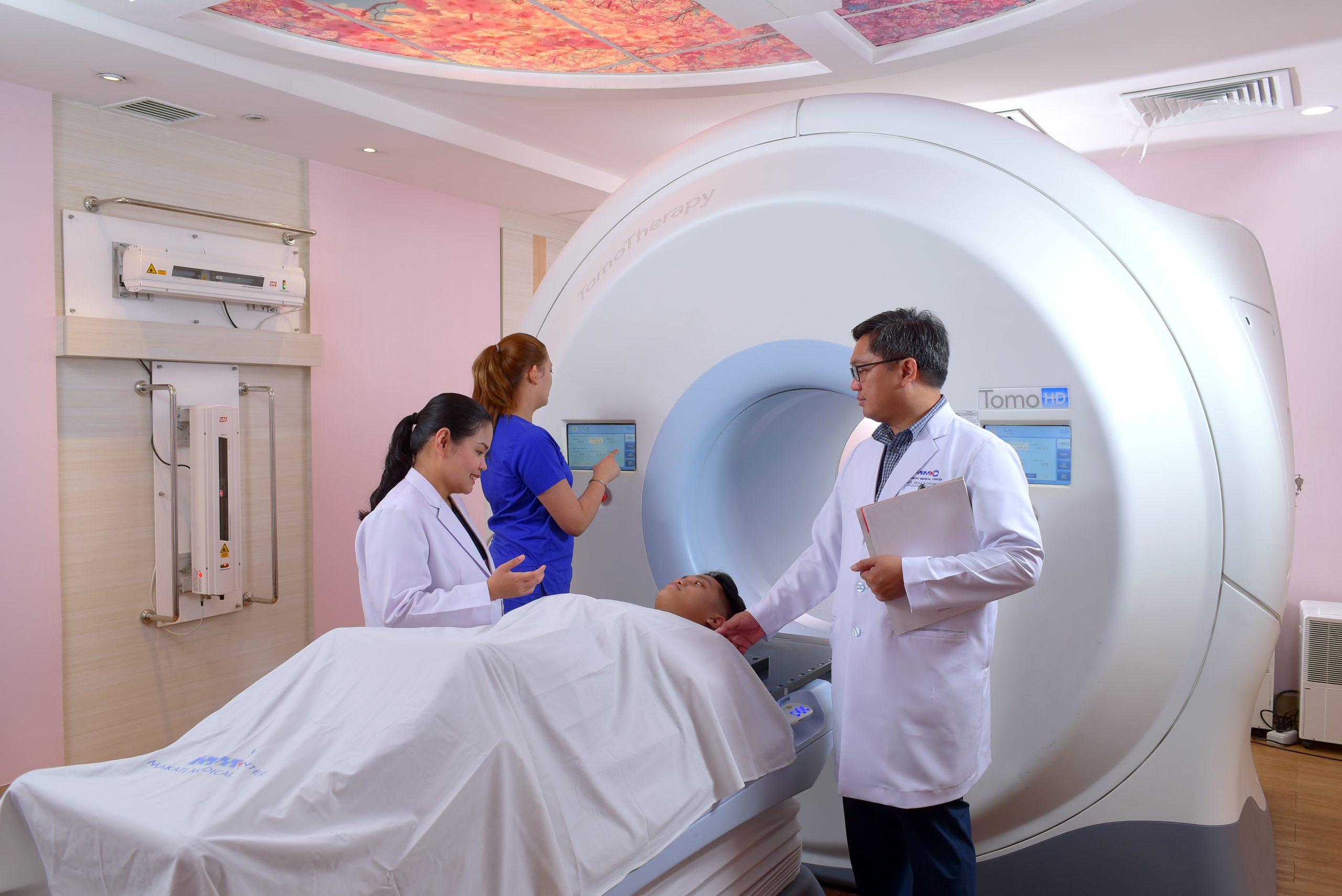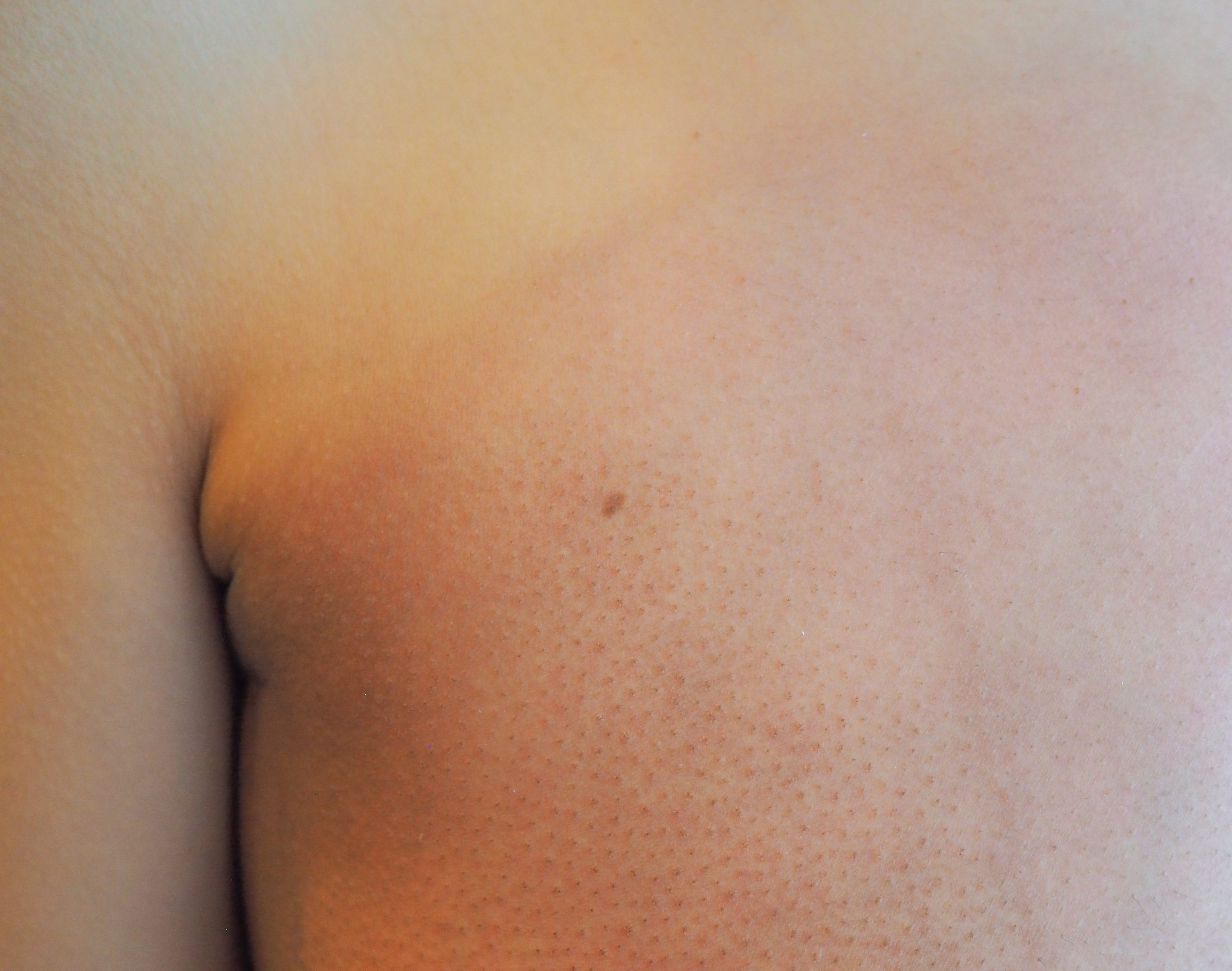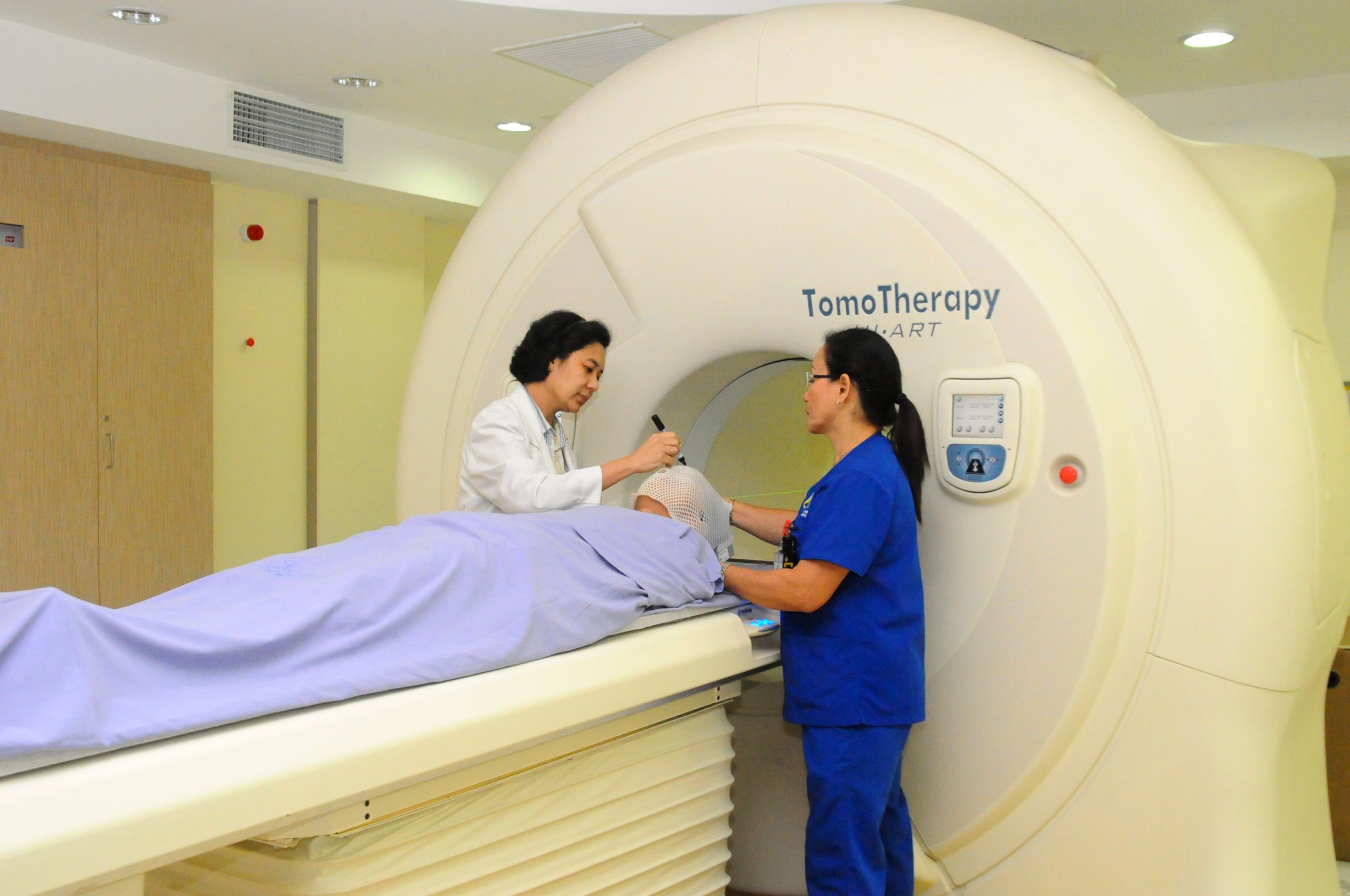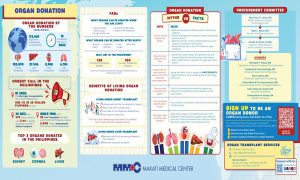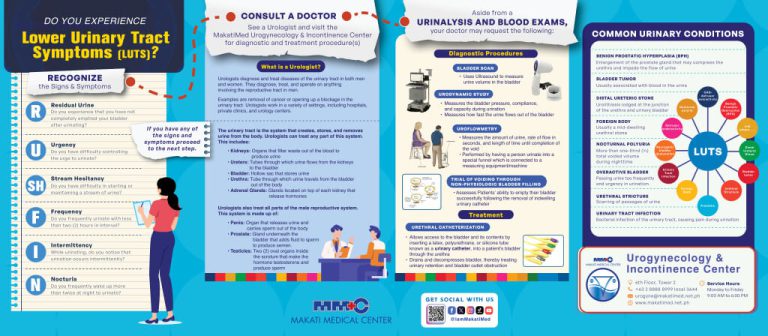Cancer treatments have their own set of benefits and risks. Thus, it is crucial for patients to really understand the options they have before they proceed. After all, it is them who will bear the brunt of it all — physically and emotionally.
Two of the most common cancer treatments are chemotherapy and radiation. While both therapies are powerful options to beat cancer by destroying cancer cells and shrinking tumors, they can also cause significant side effects that impact the patient’s daily life, hence the need for careful planning and consideration.
Whether you’re dealing with cancer yourself or supporting someone who is, this article will provide valuable insights into what to expect from chemotherapy and radiation and how to cope with their challenges.
The Difference Between Chemotherapy and Radiation
Chemotherapy and radiation work in different ways and target different aspects of cancer cells.
Chemotherapy, for one, is a systemic treatment that is delivered throughout the body via the bloodstream, with drugs designed to kill fast-growing cancer cells but also damage healthy cells in the process. It is typically given in cycles, with each cycle lasting several weeks, and overall treatment duration depending on the type and stage of cancer and the patient’s overall health.
Meanwhile, radiation therapy is a localized treatment that uses targeted high-energy radiation to destroy cancer cells in a specific area of the body. Unlike chemotherapy, radiation therapy may be delivered over a shorter period, often a few weeks or less. However, it may require daily treatments for a certain course.
It is worth noting that some cancers may be treated with a combination of chemotherapy and radiation therapy, or with one treatment followed by the other. This approach can be particularly effective for head and neck cancers or breast cancer.
How Hard Is Chemotherapy on the Body?
Patients who undergo chemotherapy can experience a wide range of side effects during and after treatment. The severity of these side effects can vary based on factors like the type of chemotherapy, the dosage and duration of treatment, and the patient’s overall health.
Common side effects of chemotherapy include:
- Nausea and vomiting
- Fatigue
- Hair loss
- Loss of appetite
- Diarrhea or constipation
- Mouth sores
- Increased risk of infection
- Anemia (low red blood cell count)
- Easy bruising or bleeding
These can be challenging to manage, and patients may need to modify their daily routine or seek medical support to cope. For example, patients may be prescribed medications to manage nausea and vomiting or to boost their immune system, or they may need to make dietary changes to address digestive problems.
Despite these challenges, chemotherapy can be a powerful measure in beating cancer — with many patients being able to complete treatment and achieve remission.
By working closely with their healthcare team and taking steps to manage side effects, patients can maximize their chances of success.
In addition to physical side effects, chemotherapy can cause emotional and psychological distress. Patients may feel anxious, depressed, or overwhelmed by the demands of treatment. In this regard, they may benefit from counseling or having support groups
Despite these challenges, chemotherapy can be a powerful measure in beating cancer — with many patients being able to complete treatment and achieve remission.
By working closely with their healthcare team and taking steps to manage side effects, patients can maximize their chances of success.
How Hard Is Radiation on Your Body?
Like chemotherapy, radiation therapy can cause side effects that impact the quality of life. However, the type and severity of side effects can vary depending on the type of radiation therapy administered and area of the body being treated, the dosage and duration of treatment, and the patient’s overall health.
Common side effects of radiation therapy include:
- Skin changes, such as redness or blistering
- Fatigue
- Nausea or vomiting
- Diarrhea or constipation
- Mouth sores
- Difficulty swallowing
- Loss of appetite
- Hair loss in the treatment area
Radiation therapy can sometimes cause long-term side effects, such as scarring or damage to nearby organs or tissues. These side effects can be especially concerning for patients receiving radiation therapy for cancers in sensitive areas, such as the head and neck or reproductive system.
However, not all radiation therapies cause serious side effects. For instance, tomotherapy is a less damaging type of radiation that targets tumors more precisely to better match its location, size and shape. Patients may experience fewer or short-term side effects with this treatment, such as fatigue or nausea.
All these are why it is essential to openly communicate with the healthcare team about any side effects during or after the treatment, as early intervention can help to minimize discomfort and prevent complications. This way, patients can also maximize the benefits of radiation therapy while reducing the risks.
Comparing the Side Effects of Chemotherapy and Radiation
The specific nature and severity of side effects these two cancer treatments bring about differ.
While chemotherapy tends to cause more systemic side effects such as nausea, vomiting, and fatigue due to the medication affecting the entire body, radiation therapy tends to cause more localized side effects such as skin changes, hair loss in the treatment area, and difficulty swallowing if the treatment is focused on the head and neck.
Although the side effects of radiation therapy can be easier to manage than those of chemotherapy, they can still be uncomfortable or inconvenient. Moreover, in relatively rare cases, radiation therapy may cause long-term side effects such as scarring or damage to nearby organs or tissues—which can further impact a patient’s daily life and require additional medical intervention.
Overall, the specific side effects of chemotherapy and radiation therapy will depend on the individual patient, the type and stage of cancer, and the specifics of their treatment plan.
Beyond the Battle: Prioritizing Quality of Life
Chemotherapy and radiation therapy are indeed invaluable modalities in the fight against cancer, but they can be hard on the body and mind. This is why understanding the differences between these treatments and their potential side effects is an important part of making informed decisions about cancer care.
Whether it is you who are trying to beat cancer or supporting someone who is, it is important to approach cancer treatment with a team mentality. By working closely with your healthcare team, communicating openly about your needs and concerns, and taking steps to manage side effects, you can maximize your chances of success and improve your quality of life throughout this journey.
If you or a loved one is undergoing cancer treatments, the experts at Makati Medical Center can provide comprehensive and compassionate care to help you manage any side effects and achieve the best possible outcomes. Contact us today or schedule a consultation with our team of specialists. You may also visit and inquire at our Cancer Center to learn more about our cancer care services.

